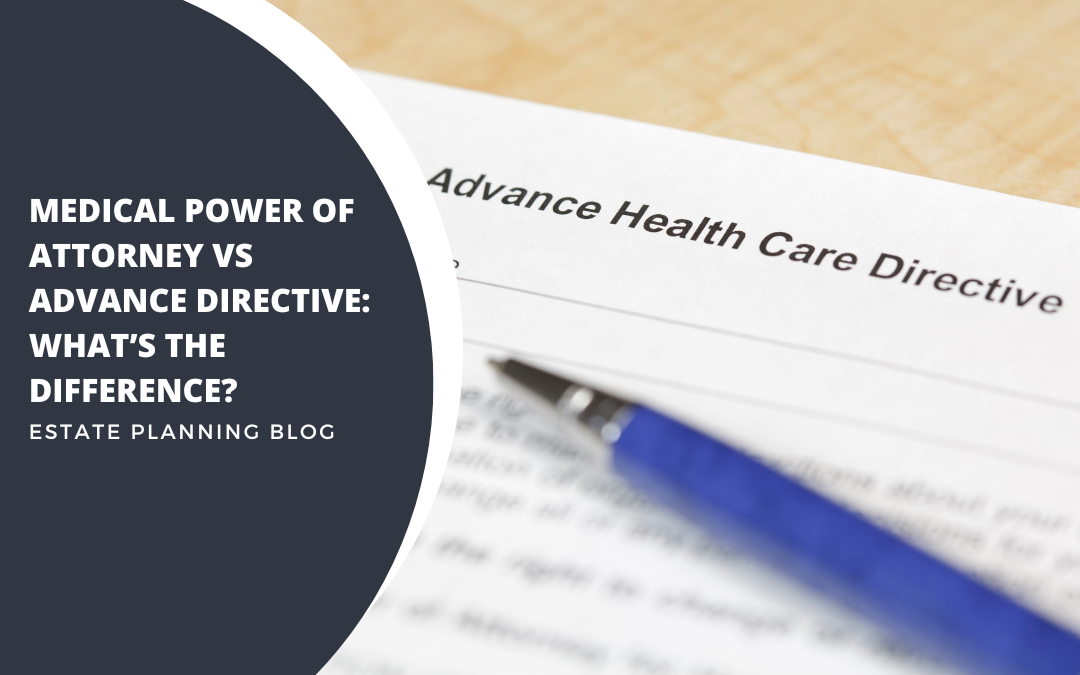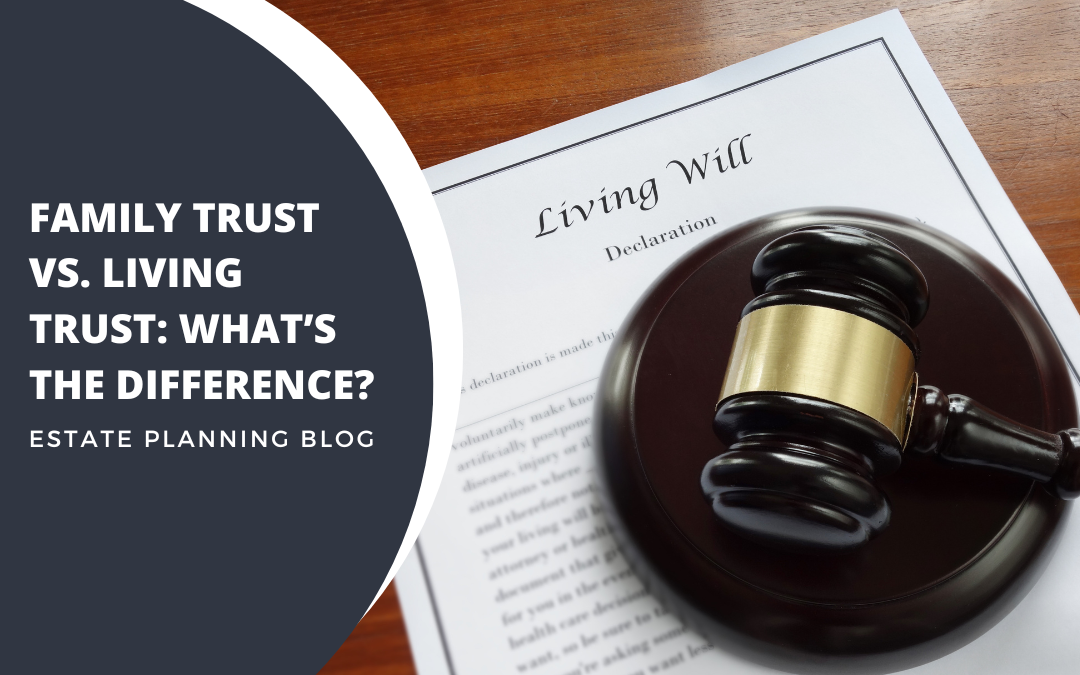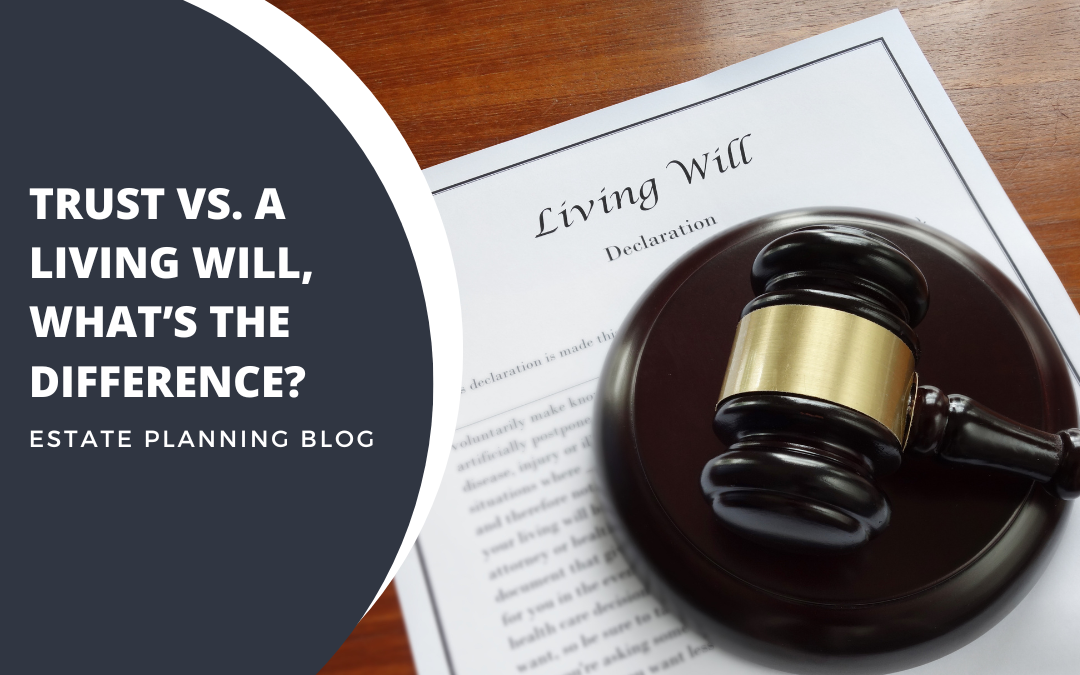
Medical Power of Attorney vs Advance Directive: What’s the Difference?
Do you know what would happen if you were put on life support and unable to make your own medical decisions? A medical power of attorney and advance directives are both tools you can use to protect yourself in that exact situation. What is a Medical Power of Attorney?...

How to build an effective estate plan
You’ve probably heard plenty of horror stories about Grandpa Harvey or Great Aunt Agnes dying broke and alone in hospitals surrounded by strangers. While you can’t prevent every unfortunate event, here are some actionable tips to help you create an estate plan that...

What’s the Difference Between a Probate Attorney and an Estate Planning Attorney?
Estate planning attorneys deal primarily with wills and trusts, although they may also act as executors under a will. They are responsible for ensuring that proper documents are drafted and executed and provide guidance and assistance during the drafting process. On...

Family Trust vs. Living Trust: What’s the difference?
Another type of estate plan is known as a "family trust." The purpose of a family trust is to provide for the care and support of minor children after the death of both parents. Family Trust A family trust directs the distribution of an individual's estate among his...

Trust vs. a Living Will, What’s the difference?
Many people think estate planning involves simply creating trusts and wills, but these documents aren't the only ones to consider. There are also living wills, powers of attorney, and health care proxies. Here's a quick overview of each type of document. Living Wills...

What is Estate Planning?
An estate plan is a set of legal documents that spell out how you want all of your assets to be distributed after you die or in the event, you become incapacitated. An estate plan may include a living will, a durable power of attorney, a beneficiary designation form,...
